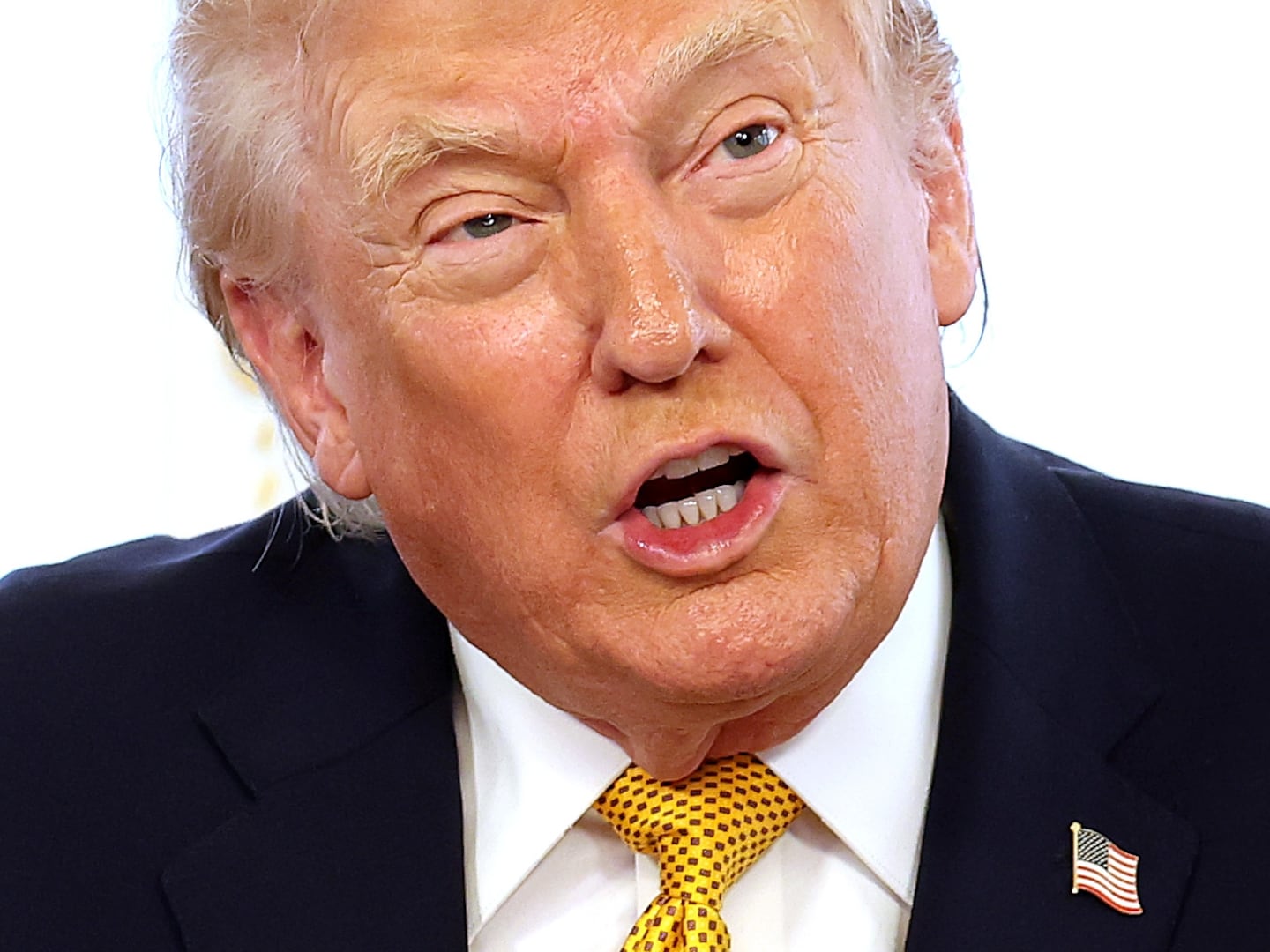Last Thursday night I walked back from the Jerusalem city entrance to my home in Abu Tor. I had to walk because President Obama’s security had closed down the avenues and buses that would take me home. I needed to walk because I had to sort out my hawkish inclinations with my “presidential encounter”—this was the first time I had seen him live, and thanks to Ambassador Dan Shapiro, I’d had a great close-up seat amongst the students. And I had better get home to perform my role as sous-chef to my remarkable wife and children’s culinary efforts and creations. All I can do to keep pace with them is to cut the vegetables into increasingly smaller pieces; eventually they will be so small as to disappear. Not a bad metaphor, I thought, for my last eighteen years of aliyah and struggle with this country’s challenges. My growing “sophistication” and Talmudic vocation has only allowed me, in analyzing them, to dice up the problems ever more finely, as if that might make them disappear. But this only makes coherence impossible.
President Obama’s stellar performance was all about coherence. He came armed with having accomplished almost all the symbolic acts: he went to the Shrine of the Book and Yad Vashem, paying tribute respectively to David Ben Gurion and Menachem Begin; he laid wreaths at Herzl’s and Rabin’s graves, honoring the symbols of Zionism; and he had the Turkey deal up his sleeve. True, he didn’t pray with Women of the Wall or go to the Gerer Hasidim’s pre-Passover tisch, but the Landes family also did neither. And he condemned Hezbollah, Iran and Hamas.

He spoke—with humor and intimacy that were enjoyed but easily shrugged off by a highly intelligent student audience—directly. The message received, as I spoke with students on the way out, was that security did not ensure but rather demanded peace, while any peace demanded security. They had to go hand in hand. Israel doesn’t have that much time; all the windows of tolerance for Israel with Europe and, for that matter, the rest of the world are closing, as are peace possibilities with the faltering Palestinian Authority. The latter, Obama maintained, was a partner for peace; peace is indeed possible. “Israel is the most powerful country in the region, and it is allied with the most powerful nation in the world,” Obama said.Unexpectedly, this had a big impact on me. All Israelis have heard these arguments before from our own politicians. So why was this speech so powerful?
First, to hear that time is running out within a context of hope is extraordinary. Especially when you know that the former is correct, and the latter might just possibly be true.
Second, I believe that this president can give us the best deal possible. Getting us out of Afghanistan and Iraq has taught him a lot. He is a tough guy who understands the issues and gets the things done that can be done; he is a liberal president who sends out drones and assassination squads. He can make compromises.
And he is a Chicago South Sider, which is also where I come from. In that ethnic polyglot of Irish, Slavs, Armenians, Jews and Blacks—I grew up not far from Michelle Obama’s home—if someone insulted your Mama or your Mother Religion, you picked up a brick and returned it to the sender of the insult. And then you talked about it later. He’s an adopted South Sider (the Obama home on Greenleaf was the original home of the South Side Jewish Day School founded by my parents, where my brother Steve was the first student), but he’s learned its lessons. Peace won’t work without security and, yes, respect coming from both sides.
Israel needs someone like Obama: a tough, very smart guy who presents really well and who understands us—our brilliance and our traumas and meshugaas.
And, yes, the third reason why he impacted me: he basically said Jews do best when they are true to their tradition of hope and generosity. That was a sucker punch—I admire that—which I didn’t see coming. In the end, that tradition will allow us to pick up the little pieces and fragments of our existence and conflicts, and put them all together. We should not give up this extraordinary chance to see what can be cooked up.






